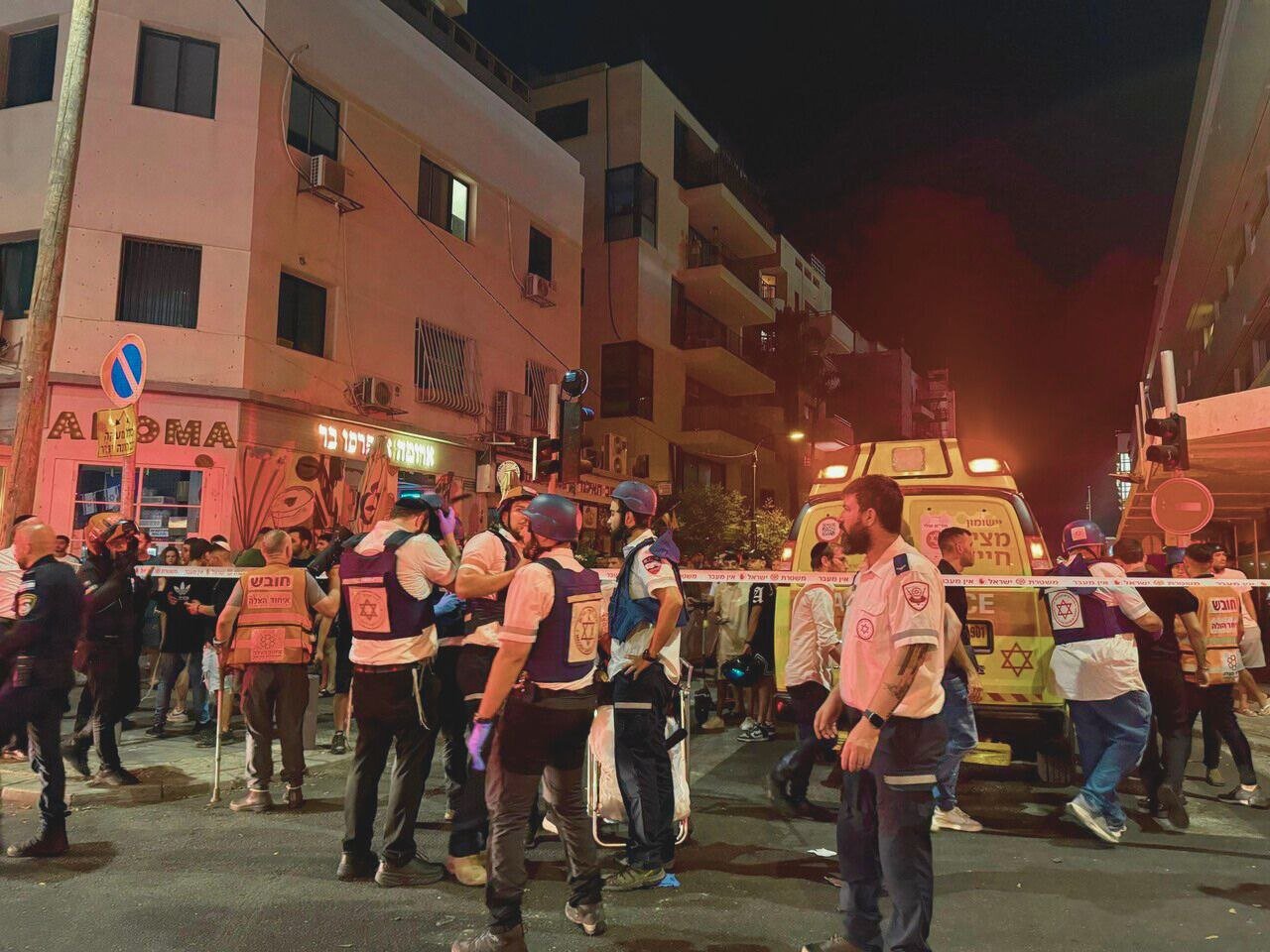Contents

In a shocking turn of events, Yemen’s Houthi rebels have claimed responsibility for a deadly drone strike in Tel Aviv, shaking the region and drawing international attention to the ongoing conflict. This incident underscores the increasing sophistication of the Houthi’s military capabilities and the far-reaching implications of their actions.
The Attack, Houthis Responsibility
On a seemingly ordinary day, Tel Aviv was jolted by a sudden and unexpected drone strike. The attack resulted in significant casualties and widespread panic among the city’s residents. Initial reports from the Israeli authorities indicated a high level of precision in the strike, suggesting the use of advanced technology. The immediate aftermath saw emergency services scrambling to provide aid, while security forces began a thorough investigation.
The Houthis’ Claim
Shortly after the attack, the Houthi rebels, a group primarily operating out of Yemen, announced their responsibility for the strike. This declaration was made through their media channels, where they detailed the operation and reiterated their ongoing commitment to targeting what they described as adversaries in the region. The Houthis have a history of using drones and missiles in their conflict against the Saudi-led coalition in Yemen, but this marks one of their most significant and bold attacks outside of their usual theater of operations.
Background on the Houthis
The Houthis, officially known as Ansar Allah, are a Shiite rebel group that originated in Yemen’s mountainous north. They have been engaged in a brutal conflict with the Yemeni government and a Saudi-led coalition since 2015. This war has created one of the world’s worst humanitarian crises, with millions of people displaced and widespread famine.
The group’s ability to carry out a drone strike in Tel Aviv highlights their growing technological and strategic capabilities. Over the years, the Houthis have reportedly received support from Iran, including advanced weaponry and training. This external support has enabled them to extend their reach far beyond Yemen’s borders.
Regional Implications
The attack on Tel Aviv has significant implications for regional security and stability. It represents a stark reminder of the vulnerabilities that even the most secure cities face in the modern age of warfare. Israel, known for its robust defense systems, now has to grapple with the reality that adversaries can strike at its heart with relative ease.
For Israel, this attack will likely lead to a reassessment of its defense strategies and intelligence operations. The ability of the Houthis to conduct such a strike suggests potential gaps in Israel’s surveillance and counter-drone measures. Additionally, this incident could provoke a more aggressive stance from Israel towards the Houthi rebels and their supporters.
International Reactions
The international community has reacted with a mix of condemnation and concern. The United States, a key ally of Israel, has strongly condemned the attack and reiterated its support for Israel’s right to defend itself. The United Nations has called for restraint and urged all parties to avoid further escalation.
The attack also complicates the already intricate geopolitics of the Middle East. The Houthis’ boldness in claiming responsibility for the strike on Tel Aviv may embolden other non-state actors in the region. It also places additional pressure on countries like Saudi Arabia and the United Arab Emirates, who are already deeply involved in the conflict in Yemen.
Humanitarian Concerns
Amidst the geopolitical and military ramifications, the human cost of this attack cannot be overlooked. The casualties and destruction in Tel Aviv have left many families devastated. Emergency services are working tirelessly to assist the injured and provide support to those affected by the strike.
In Yemen, the situation remains dire. The Houthi’s ongoing conflict with the Saudi-led coalition has resulted in widespread suffering. The international community must balance its response to the attack on Tel Aviv with a renewed focus on resolving the humanitarian crisis in Yemen. Diplomatic efforts to bring about a ceasefire and negotiate a political solution are more crucial than ever.
Moving Forward
The deadly drone strike in Tel Aviv is a stark reminder of the evolving nature of modern warfare and the far-reaching consequences of regional conflicts. As Israel and the international community respond to this incident, there must be a concerted effort to address the underlying causes of instability in the region.
Strengthening defense measures, enhancing intelligence operations, and fostering international cooperation will be key to preventing future attacks. At the same time, resolving the conflict in Yemen through diplomatic means should remain a top priority. The humanitarian crisis in Yemen requires urgent attention, and a peaceful resolution would benefit not only the Yemeni people but also contribute to broader regional stability.
In conclusion, the Houthi-claimed drone strike in Tel Aviv has highlighted the complex and interconnected nature of modern conflicts. As the world grapples with the implications of this attack, there is an opportunity to reflect on the importance of diplomacy, cooperation, and comprehensive security measures in achieving lasting peace and stability in the Middle East.
OUR SITE: toinewsalert.com
OUR SITE: indiaflyingnews.com
